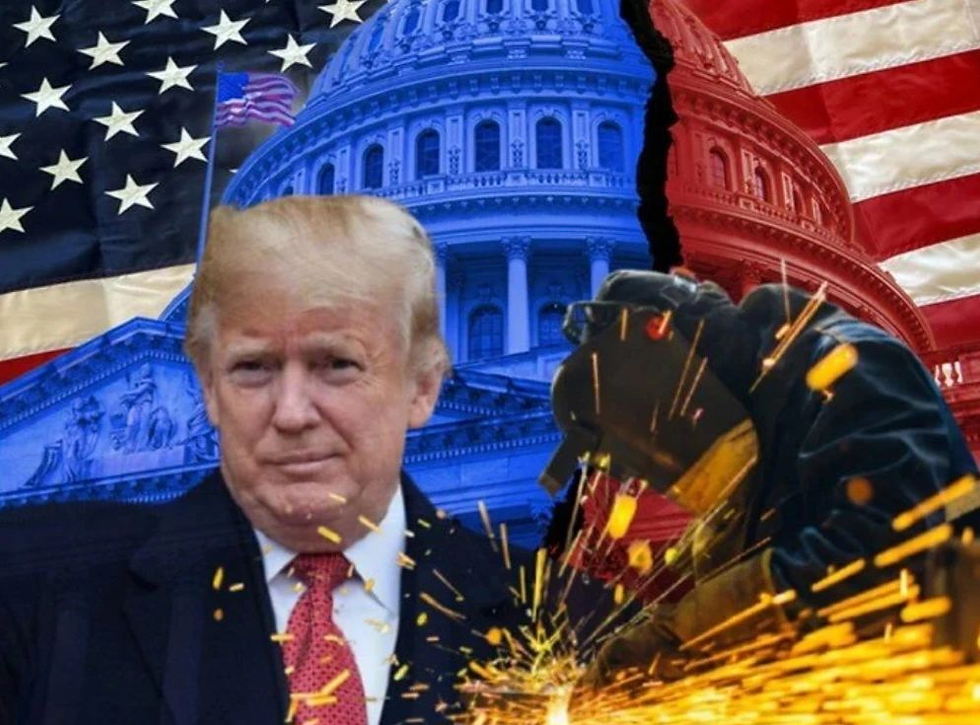Is Trump’s Trade War Backfiring on the US?
- Nejla Kılınç
- May 2, 2025
- 2 min read
US President Donald Trump’s tariffs are slowing hiring across many sectors from manufacturing to retail in the US.
As the US economy shows signs of contraction in the first quarter of 2025, consumer confidence has dropped to historically low levels, and the stock market has lost nearly 10% of its value since its February peak.
Sectors such as manufacturing, transportation, construction, and technology have been particularly affected, while hiring continues in areas like healthcare, entertainment, finance, and law.
The production decline at the beginning of the year is explained by companies rushing to import before the tariffs took effect.
SECTORS WITH REDUCED OR STAGNANT HIRING
Manufacturing
Costs increased due to customs duties.
Manufacturers that rely on imports have stopped or reduced hiring.
Fashion
High tariffs (145%) on materials and accessories from China are leading to contract cancellations.
Transportation and Warehousing
Pre-tariff stockpiling temporarily boosted hiring, but this was short-lived.
Job postings are declining.
Supply Chain
Companies are shifting sourcing to other countries. While executive-level hiring continues, instability prevails overall.
Construction
Projects are being postponed due to tariffs.
Importing materials has become more difficult, affecting hiring.
Retail
Short-term hiring has increased, but mid-term stagnation is expected as tariffs pressure profit margins.
Technology
Hiring has slowed due to general uncertainty.
However, hiring continues in areas like artificial intelligence and data science.
SECTORS WITH CONTINUED OR INCREASED HIRING
Healthcare
There are no cuts in hiring due to the aging population and high demand for services.
Entertainment
Consumer spending continues in restaurants, cinemas, and hotels.
Financial Services
Volatile markets are creating new hiring opportunities in investment banks and hedge funds.
Legal and Compliance (Law and Consulting)
Companies need more lawyers and compliance specialists to adapt to tariffs.
Source: NTV





